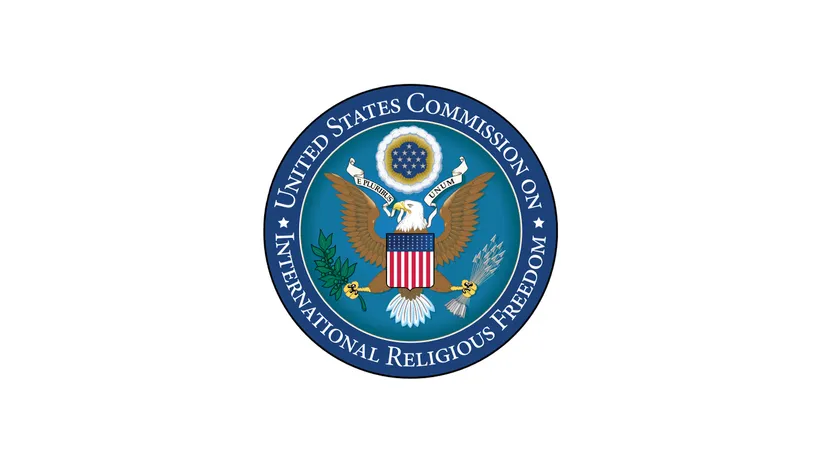USCIRF Urges for a Path Forward for Victims of Rohingya Genocide
21 March 2024

Mar 21, 2024
Washington, DC – The United States Commission on International Religious Freedom (USCIRF) marks two years since the U.S. Department of State’s designation of genocide and crimes against humanity against Rohingya in Burma. In August 2017, the Burmese military, known as the Tatmadaw, committed atrocities against the predominantly Muslim Rohingya community. USCIRF urges the U.S. government to work with the international community to ensure any support for a post-coup Burma is contingent on the voluntary return and full repatriation of the Rohingya people.
“While the 2022 determination was a milestone in international recognition for the Rohingya people, it was only the first step. This week, we visited the United States Holocaust Memorial Museum’s exhibit on Burma’s Path to Genocide. The exhibit is a painful reminder that the dehumanization of the Rohingya people was a process that took decades, but started when the military revoked their citizenship,” said USCIRF Commissioner Mohamed Magid. “USCIRF welcomes the U.S. government’s efforts to aid Rohingya genocide survivors and the nations that have hosted these refugees, in particular Bangladesh. Even so, the United States needs to act as a beacon of hope by expanding options for Rohingya refugees to resettle in the United States.”
The Burmese military’s 2021 coup prevented efforts toward accountability and a pathway for the voluntary repatriation of over a million Rohingya refugees residing throughout the region. It has also further exposed the 500,000 Rohingya that remain in internally displaced camps within Burma to violence and abuse. Earlier this year, the military’s State Administration Council (SAC) began attempting to enlist Rohingya into military service, beating and abducting relatives of those who escaped conscription. Opposition groups such as the Nation Unity Government have pledged, if in power, to abolish the 1982 citizenship law excluding Rohingya from citizenship, and to repatriate and integrate those Rohingya who wish to return to Rakhine State. The United States has provided over $2.4 billion to assist the survivors of the genocide, including those who fled to Bangladesh. It has also imposed sanctions on individuals and entities responsible for the ongoing violence.
“The very military that perpetrated genocide against the Rohingya is now attempting to draft them into service, even without a path forward for citizenship after serving,” added USCIRF Commissioner Eric Ueland. “The Tatmadaw is running the country unchecked and chaotically. As outlined in the BURMA Act of 2022, the U.S. government must encourage the National Unity Government to incorporate accountability mechanisms for atrocities committed by the Burmese military against Rohingya.”
In its 2023 Annual Report, USCIRF recommended that the U.S. Department of State redesignate Burma as a Country of Particular Concern (CPC) for its systematic, ongoing, and egregious religious freedom violations. In January 2024, USCIRF held a hearing to discuss the use of technology and transnational influences affecting religious freedom in Southeast Asia. During this hearing, Commissioners and witnesses discussed the use of social media and digital surveillance by the Burmese military to target the Rohingya.
In 2022, USCIRF Commissioner Stephen Schneck led a delegation to Cox’s Bazar in Bangladesh. In an episode of USCIRF’s Spotlight Podcast, he shared his first-hand account of the Rohingya’s current conditions at the Bangladeshi refugee camps. On this trip, the delegation met with refugees, international organization officials, and members of the government of Bangladesh.
Announcements
28 February 2025
Asian NGO Network on National Human Rights Institutions , CSO Working Group on Independent National Human Rights Institution (Burma/Myanmar)
Open letter: Removal of the membership of the dis-accredited Myanmar National Human Rights Commission from the Southeast Asia National Human Rights Institution Forum

Progressive Voice is a participatory rights-based policy research and advocacy organization rooted in civil society, that maintains strong networks and relationships with grassroots organizations and community-based organizations throughout Myanmar. It acts as a bridge to the international community and international policymakers by amplifying voices from the ground, and advocating for a rights-based policy narrative.